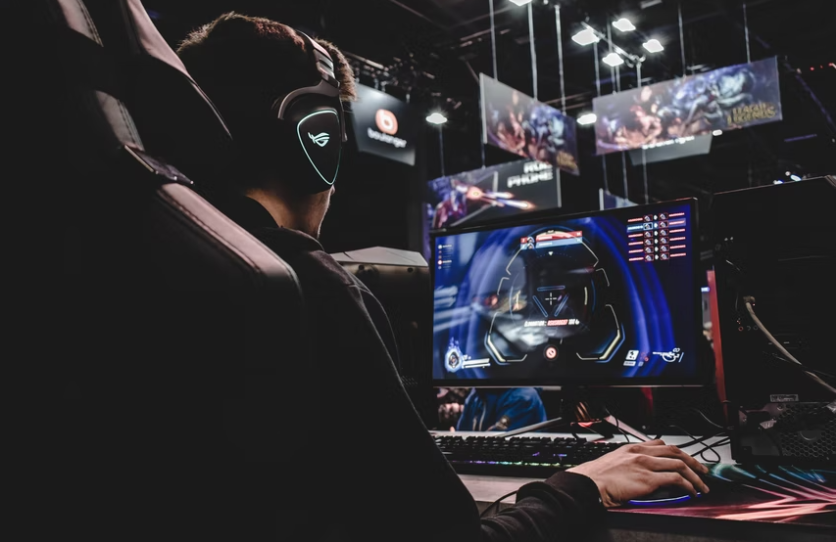
NetEase, the second-largest gaming company in China and is currently the sixth-largest in the world, has finally opened its first studio in the United States.
The gaming company has decided to launch its first branch in Austin, Texas, because China's very own gaming industry is slowing.
NetEase Launches Studio in the US
NetEase's rival Tencent was a step ahead in expanding to North America as TiMi, which is Tencent's studio that is known for the mobile blockbuster "Honor of Kings," started hiring in Los Angeles, California, back in 2020. In 2021, TiMi added a base in Montreal.
The Chinese gaming companies are venturing abroad at a time when China's gaming market is coming under increasing regulatory scrutiny, according to TechCrunch.
Over the past few years, China has restricted playtime for minors, slowed down the regulatory approvals for games, and imposed stricter rules on gaming content.
These requirements have inevitably put a squeeze on gaming companies' bottom line. Several small studios were struggling to get regulatory licenses because they lacked the resources or financing, and they ultimately decided to turn to foreign markets for growth.
In 2021, China's gaming industry racked up almost 300 billion yuan or $45 billion in sales revenue, up 6.4% year-on-year, though the growth rate was down 15% compared to 2020, according to CNBC.
Given the domestic challenges, it is no surprise that China's gaming companies seek new growth avenues.
NetEase's new US-based studio, called Jackalope Games, is led by Jack Emmert, a veteran of massively multiplayer online role-playing games who worked on famous titles like "Neverwinter," "City of Heroes," "Star Trek Online," and "DC Universe Online."
The studio will operate independently and maintain creative autonomy in its game development and publishing, according to NetEase.
The gaming company will work on PC and console games and be hiring globally, though it did not say how many people the company will be recruiting.
China's Strict Gaming Laws
According to SCMP, even though the Chinese government has limited children's time playing video games to three hours a week, many children are still finding ways around the restrictions.
Tencent also finally got a release for the long-awaited mobile version of "League of Legends," but the new game licenses were frozen in July 2021.
Video games have become more important to the country's economy, despite the long-standing hostility from the country's regulators.
Some of the antagonism was in response to distrust from parents in the early 2000s, but there is also a more deep-seated wariness of the medium.
The Chinese government's antipathy towards video games is because of spiritual opium. The term has been a part of China's history, as it has been used when the country rallied against foreign cultural products.
The concerns about video games began to take hold in the 2000s. Worries about the impact of video games come hand in hand with fears of internet addiction, especially amongst children.
The worries increased when in 2002, two boys, ages 13 and 14, set fire to an internet café in Beijing. The incident killed 25 people and injured 17.
Related Article: Chinese Gaming Industry Sees Massive Strides as Monetization Regulations Diminish
This article is owned by Tech Times
Written by Sophie Webster
ⓒ 2025 TECHTIMES.com All rights reserved. Do not reproduce without permission.




